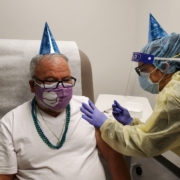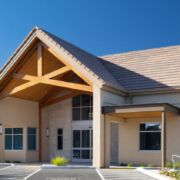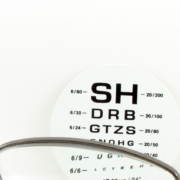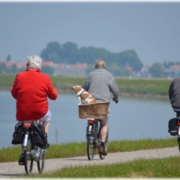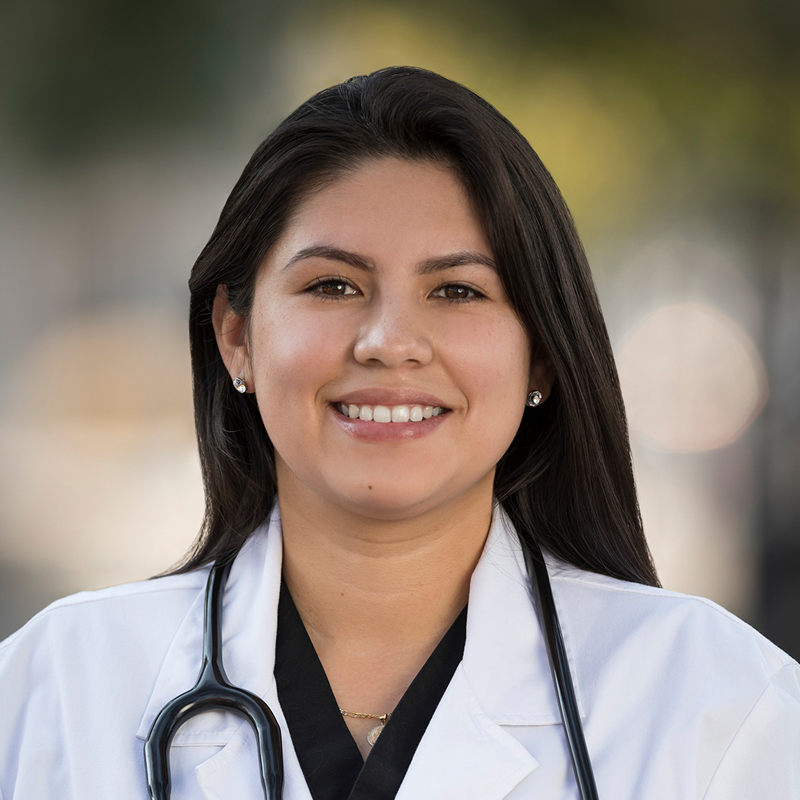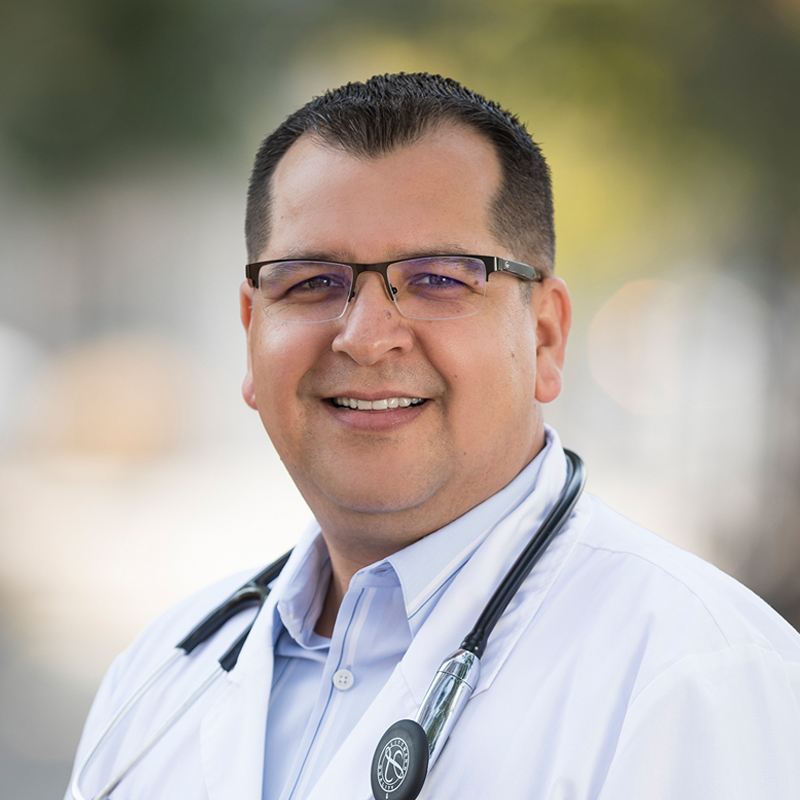H0934_1024Pas_WelbeHealthWeb_CMS Approved_04/04/22, H1544_1024Lon_WelbeHealthWeb_ CMS Approved_04/04/22, H2384_1024Fre_WelbeHealthWeb_ CMS Approved_04/04/22, H8082_1024Sto_WelbeHealthWeb_ CMS Approved_04/04/22, H8082_1028Mod_WelbeHealthModPage_CMS Approved_5/10/22, H8082_1030Sto_WelbeHealthWelcome_CMS Approved 07/20/2022, H0934_1030Pas_WelbeHealthWelcome_ CMS Approved 07/20/2022, H1544_1030Lon_WelbeHealthWelcome_ CMS Approved 07/20/2022, H2384_1030Fre_WelbeHealthWelcome_ CMS Approved 07/20/2022, H8082_1034Sto_WelbeHealthTestimonial_ CMS Approved 07/20/2022, H0934_1034Pas_WelbeHealthTestimonial_ CMS Approved 07/20/2022, H1544_1034Lon_WelbeHealthTestimonial_ CMS Approved 07/20/2022, H2384_1034Fre_WelbeHealthTestimonial_ CMS Approved 07/20/2022, H0934_WBHWeb_152_Rosemead_CMS Approved 06/12/2023, H0934_WBHWeb_152_NorthHollywood_CMS Approved 06/12/2023, H6317_WBHWebLocation_166_SanJose_CMS Approved 01/05/2024,H8082_WBHWebLocation_166_Modesto_CMS Approval Pending XX/XX/XXXX, H1917_WBHWebLocation_166_RIVCVY_CMS Approval Pending XX/XX/XXXX,
Tag Archive for: PACE
WelbeHealth Administers First Shipment of COVID-19 Vaccines
LONG BEACH Dec. 31, 2020 – WelbeHealth is administering its first COVID-19 vaccines to its elderly participants this week, beginning at the organization’s center in Long Beach, California. The first seniors received their vaccinations on Wednesday, and additional vaccines will be administered next week.
WelbeHealth, a healthcare provider delivering integrated home-based care for frail seniors across California, received its first shipment of the vaccine earlier this week and rapidly deployed its plan to administer the injections to its highest-risk participants.
“This is a momentous occasion for our programs and our society. It’s essential that we all get vaccinated, not only for ourselves but for the safety and wellbeing of everyone in our communities,” said WelbeHealth President Matt Patterson, MD. “With each vaccine, we are literally saving the lives of our elders who have given so much to enrich our world.”
WelbeHealth provides care as part of PACE (Program of All-Inclusive Care for the Elderly), a longstanding Medicare and Medicaid program that enables older adults to live in the community instead of a nursing home.
At the onset of the coronavirus pandemic, WelbeHealth shifted to a remote home-based care model, providing each participant with an internet-connected WelbeLink computer tablet and delivering care in the home whenever possible. The program has a long track record of positive outcomes, including longer life expectancy and dramatically improved mental health and quality of life. The PACE model has proven dramatically safer for seniors during the pandemic, with 85-95 percent lower infection and mortality rates than nursing homes.
Tour our PACE center in Stockton, California
Check out our amazing PACE center in Stockton.
Vision Exam Month
August is National Vision Exam Month. Healthy vision is important for people of all ages and is key for seniors to be able to live more independent lives in their homes and communities. Here are some tips from the CDC on how to keep your eyes healthy.
Try 6 Tips for Healthy Eyes—and a Healthy You
- Add more movement to your day. Physical activity can lower your risk for health conditions that can affect your vision, like type 2 diabetes and high blood pressure. As a bonus, it can help you feel your best. Pick activities you enjoy and remember, anything that gets your heart beating faster counts!
- Get your family talking… about eye health history. Some eye diseases—like glaucoma and age-related macular degeneration—can run in families. Although it may not be the most exciting topic of conversation, talking about your family health history can help everyone stay healthy. Ask your relatives if they know about any eye problems in your family. Be sure to share what you learn with your eye doctor to see if you need to take steps to lower your risk.
- Step up your healthy eating game. Eating healthy foods helps prevent health conditions—like type 2 diabetes or high blood pressure—that can put you at risk for eye problems. Eat dark, leafy greens like spinach, kale, and collard greens that are high in antioxidants called lutein and zeaxanthin, which help prevent macular degeneration and cataracts. Also pick up some fish high in omega-3 fatty acids like halibut, salmon, and tuna.
- Stay on top of long-term health conditions—like diabetes and high blood pressure. Diabetes and high blood pressure can increase your risk for some eye diseases, like glaucoma. If you have diabetes or high blood pressure, ask your doctor about steps you can take to manage your condition and lower your risk of vision loss.
- If you smoke, make a quit plan. Quitting smoking is good for almost every part of your body, including your eyes! That’s right—kicking the habit will help lower your risk for eye diseases like macular degeneration and cataracts. Quitting smoking is hard, but it’s possible—and a quit plan can help. Call 1-800-QUIT-NOW (1-800-784-8669) for free support.
- Give your eyes a rest. Looking at a computer for a long time can tire out your eyes. Follow the 20-20-20 rule—rest your eyes by taking a break every 20 minutes to look at something about 20 feet away for 20 seconds.
Regular vision exams are part of the comprehensive services provided by PACE. For more about PACE services, click here.
Free photo 5904867 © Nedim Jukić – Dreamstime.com
Welbe’s Long Beach PACE Center Launches
The Long Beach Press Telegram covered the launch of our newest PACE center in Long Beach – LA Coast PACE:
LONG BEACH
By Gary Metzker
The golden years aren’t so golden for many these days, as the coronavirus pandemic shows no signs of abating.
At least 38,000 U.S. residents of nursing homes and other long-term care facilities for older adults have died from the coronavirus, according to the Centers for Disease Control. More than 142,000 people at those facilities have contracted the virus, and at least 90,000 more cases are suspected.
In California, there have been more than 2,400 deaths in long-term care facilities, and according to the Long Beach Health and Human Services Department, 118 deaths have been associated with long-term care facilities in the city.
Many families are not aware that there are other alternatives besides skilled nursing or assisted living facilities, especially during this health crisis.
WelbeHealth is an operator of Medicaid’s Program of All-Inclusive Care for the Elderly (PACE) across California. Its newest facility is in Long Beach at 1220 E. Fourth St., but because of the coronavirus pandemic, no one is visiting the location. Instead, the company has transitioned to a remote, at-home care model to serve seniors while keeping them physically shielded from the spread of the virus.
According to Sophia Guel-Valenzuela, regional vice president and executive director of the Long Beach facility, having seniors in a PACE program is a safer alternative because it can provide necessities, meal deliveries throughout the day, assistance in the home and meaningful social engagement.
“There has never been a stronger imperative to keep seniors living more independently in their homes and communities,” she said. “Our goal is to keep seniors socially engaged through games and special events. It’s important to keep people safe.”
Guel-Valenzuela said each client gets a 4G LTE tablet to use that enables them to talk to a doctor or a social worker as well as interacting with other people.
“The highlight of my week is to see the engagement going on,” she said. “Engagement coordinators host trivia games, bingo, card games. It’s like a big Zoom meeting.”
Guel-Valenzuela believes the combination of staying at home with interactivity is the template of the future for senior care.
“It’s safer to stay at home now,” she said. “I’ve been doing this for 18 years and this model of coordinated care is something I believe in.”
PACE provides comprehensive medical and social services enabling older adults to live in the community instead of a nursing home or other care facility. Its services are available at no cost to most participants as part of their Medicare and MediCal benefits.
“In our HomePACE model of remote care, we help seniors stay healthy and thriving while avoiding nursing facilities, which have tragically become hotbeds for the spread of coronavirus,” said Dr. Si France, founder and CEO of WelbeHealth in a statement. “We’re excited to expand our all-inclusive model of care into greater Long Beach to serve more vulnerable seniors when they need it most.”
WelbeHealth’s Long Beach location is accepting applications. Families can call 1-800-734-8041.
To learn more about PACE and services we provide, click here.
Spectrum 1 News: PACE Offers Alternative to Assisted Living Facilities
Spectrum News 1 aired a news story highlighting how PACE offers an alternative to assisted living facilities and nursing homes for seniors. The story featured our new Long Beach facility – LA Coast PACE and discuss how we have changed the model to deliver many of the health and long-term care services to the participants home via technology. Also included in the story was an interview with one of our participants, Bernadette McCoy, who was drawn to the program because it helped keep her living independently in her home and because it was covered under Medicare and Medicaid. Click here to view the story in its entirety.
To learn more about the services PACE provides, click here.
Benefits of Pets for Seniors
June 26th is Take Your Dog to Work Day! Per the CDC, there are many health benefits of owning a dog or pet, including helping seniors live more independent lives in their homes and communities. They can increase opportunities to exercise, get outside, and socialize. Regular walking or playing with pets can decrease blood pressure, cholesterol levels, and triglyceride levels. Pets can help manage loneliness and depression by giving us companionship. Most households in the United States have at least one pet.
Studies have shown that the bond between people and their pets can increase fitness, lower stress, and bring happiness to their owners. Some of the health benefits of having a pet include:
- Decreased blood pressure
- Decreased cholesterol levels
- Decreased triglyceride levels
- Decreased feelings of loneliness
- Increased opportunities for exercise and outdoor activities
- Increased opportunities for socialization
WelbeHealth recognizes these benefits, which is why it was important to us to rescue our participant’s dog last year. Click here for the story and link to video.
To learn more about PACE and the services that we provide, click here.
National Nurse’s Month Profile – Cheryl Coleman
 Cheryl Coleman works for WelbeHealth corporate as the nurse educator for all our centers, training our nurses with the skills needed to help our seniors live more independent lives in their homes and communities. Her current role aligns with what she wanted to be when she grew up – a teacher. She also wanted to explore life in other countries and her path to becoming a nurse was influenced by this desire. “I sold medical supplies and wanted to live outside of the USA, “she stated. “My nurse customers all told me to become a nurse so that I would be marketable in other countries.” After becoming a nurse, she rose through the ranks to manage a team. “I managed a team of 15 nurses in the West Region who taught patients how to give themselves injections at home.”
Cheryl Coleman works for WelbeHealth corporate as the nurse educator for all our centers, training our nurses with the skills needed to help our seniors live more independent lives in their homes and communities. Her current role aligns with what she wanted to be when she grew up – a teacher. She also wanted to explore life in other countries and her path to becoming a nurse was influenced by this desire. “I sold medical supplies and wanted to live outside of the USA, “she stated. “My nurse customers all told me to become a nurse so that I would be marketable in other countries.” After becoming a nurse, she rose through the ranks to manage a team. “I managed a team of 15 nurses in the West Region who taught patients how to give themselves injections at home.”
Cheryl’s desire to serve and teach is what drives her. “Helping people inside and outside of the medical center is my biggest motivator. I also love to learn new things and share what I learn with others.”
Determination is the key attribute to the advice she would to her younger self. “You can be whatever you want to be, so never let anyone tell you differently. Always strive to do what you love and be your best. Therefore you will always go home feeling fulfilled.”
To learn more about the PACE services that Cheryl and other care team members compassionately provide our participants, click here.
Exercise Benefits for Seniors from the CDC
May 27th is National Senior Health & Fitness Day. We’re posting the guidelines from the CDC to help seniors understand the benefits of exercise.
Making Physical Activity a Part of an Older Adult’s Life
When it comes to getting the physical activity you need each week, it’s important to pick activities you enjoy and that match your abilities. This will help ensure that you stick with them.
Things to Keep in Mind
- Physical activity has immediate health benefits including better sleep and less anxiety. It also helps reduce your risk of getting serious illnesses such as heart disease, type II diabetes, and depression.
- Try to do a variety of activities. This can make physical activity more enjoyable and reduce your risk of injury.
- Regular physical activity is still safe and good for you even if you have problems doing normal daily activities, such as climbing stairs or walking.
- Lots of things count. And it all adds up. Find what works for you.
- If you have to take a break from your regular activity routine due to an illness, be sure to start again at a lower level and slowly work back up to your usual level of activity.
- To get to and stay at a healthy weight, work your way up to doing the equivalent of 150 minutes (for example, 30 minutes a day, 5 days a week) of moderate-intensity aerobic activity each week. Keep in mind that you may need to do more activity or reduce the number of calories you eat to get to your desired weight.
Learn more about everyday activities you can do to stay active.
Multicomponent Physical Activity
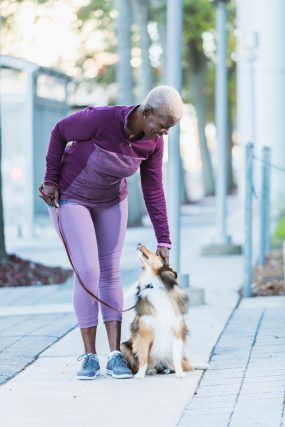
As part of their weekly physical activity, older adults should do multicomponent physical activity to improve physical function and decrease the risk of falls or injury from a fall. This includes balance training, aerobic activity, and muscle-strengthening activities. An example of a multicomponent physical activity program could include walking (aerobic activity), lifting weights (muscle strengthening), and incorporating balance by walking backwards or sideways or by standing on one foot. These activities can be done at home or in a structured group setting.
Improving Your Balance
Older adults should do activities that help them with balance. Balance activities can improve the ability to resist forces within or outside of the body that cause falls. Fall prevention programs that include balance training and other exercises to improve activities of daily living can also significantly reduce the risk of injury, such as bone fractures, if a fall does occur. These activities might include backward walking, sideways walking, heel walking, toe walking, heel to toe walking, practicing standing from a sitting position, and alternating balancing on one leg and then the other with a counter or wall nearby. Strengthening muscles of the back, abdomen, and legs also improves balance.
What if you have a chronic condition?
If you have a health condition such as arthritis, diabetes, or heart disease, it doesn’t mean you can’t be active. In fact, it’s just the opposite. Regular physical activity can improve your quality of life and even reduce your risk of developing other conditions.
Talk with your doctor to find out if your health condition limits, in any way, your ability to be active. Then, work with your doctor to come up with a physical activity plan that matches your abilities. If your condition stops you from meeting the minimum recommended activity levels, try to do as much as you can. What’s important is that you avoid being inactive.
What if you have a disability?
If you are an older adult with a disability, regular physical activity can provide you with important health benefits, like a stronger heart, lungs, and muscles; improved brain health; and a better ability to do everyday tasks. It’s best to talk with your doctor before you begin a physical activity routine. Try to get advice from a professional with experience in physical activity and disability. They can tell you more about the amounts and types of physical activity that are appropriate for you and your abilities.
If you are looking for additional information, visit The National Center on Physical Activity and Disability.
When to Check with Your Doctor
Doing physical activity that requires moderate effort is safe for most people, but if you have a health condition such as heart disease, arthritis, or diabetes, be sure to talk with your doctor about the types and amounts of physical activity that are right for you. Also, if you have been inactive, are not too fit, or are overweight, and want to do vigorous-intensity physical activity, such as jogging, it is safest to discuss this with your doctor.
To learn more about services such as exercise programs that are part of the PACE program, click here.
National Nurse’s Month Profile – Ashley Boyden

Ashley Boyden was featured recently in our dog rescue video displaying the WelbeHealth values, specifically showcasing her pioneering spirit. Ashley comes to the WelbeHealth family after working in skilled nursing as well as performing case management for workman’s comp. She now works as an LVN – Care Coordinator, in our Stockton PACE center, helping provide comprehensive care to seniors so they can continue to live more independently in their homes and communities.
Ashley always wanted to be a nurse, crediting her inspiration from her grandmother. “My grandmother was a nurse in the same hospital for 45 years,“ she stated. “As a child I used to go with her when she was on call and wait in the nurse’s lounge.” Given her determination to go above and beyond to help serve her senior participants, it’s no surprise that making a difference in her patient’s lives was her motivation for joining the WelbeHealth. “I love being a part of the difference. Knowing that what we at WelbeHealth do each day changes lives is inspiring,” she added. Her determination and desire to make a difference is reinforced in her advice to her younger self: “Stay the course. Don’t get discouraged. You WILL make a difference!”
To learn more about the PACE services that Ashley helps provide to help seniors live more independently in their homes and communities, click here.


